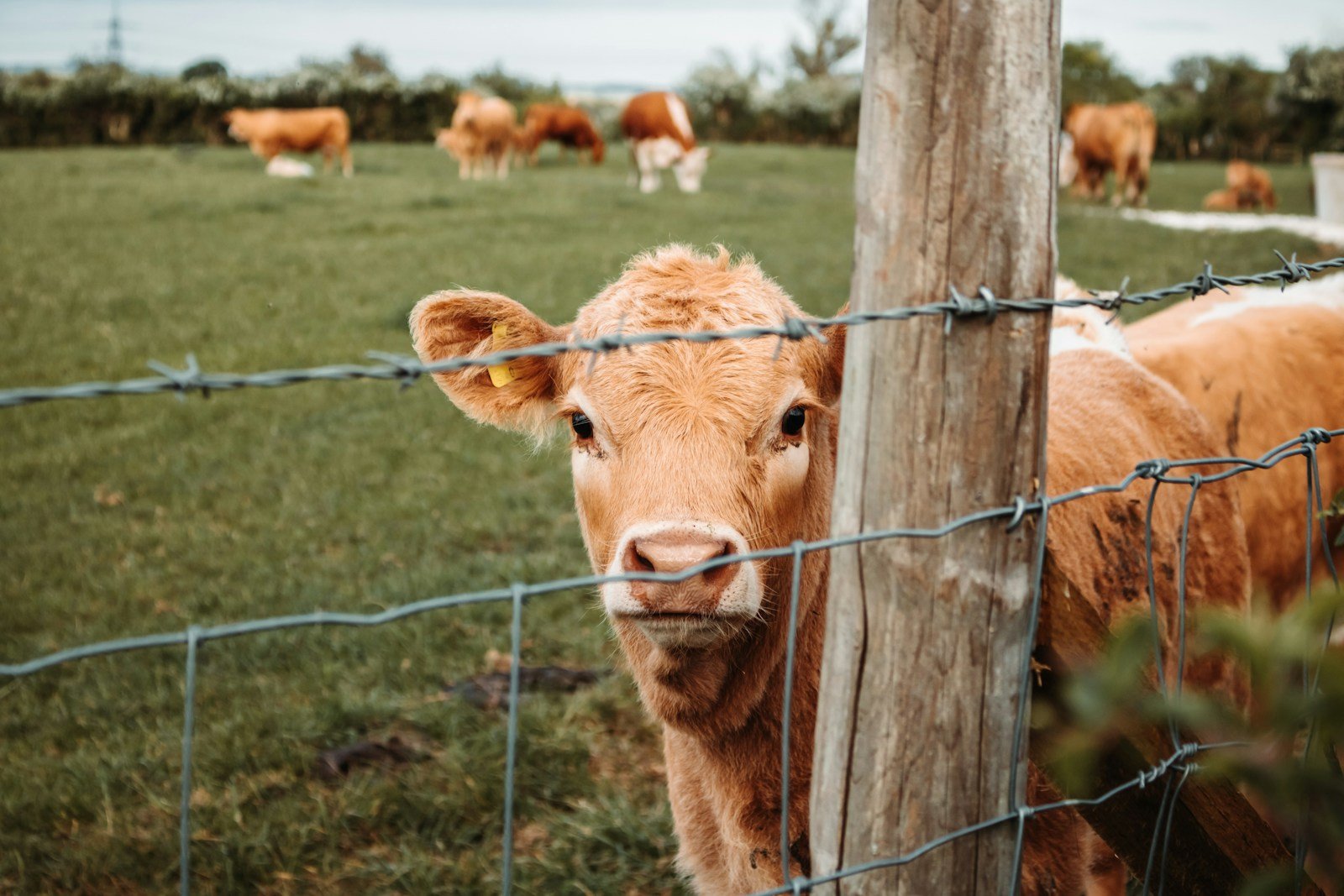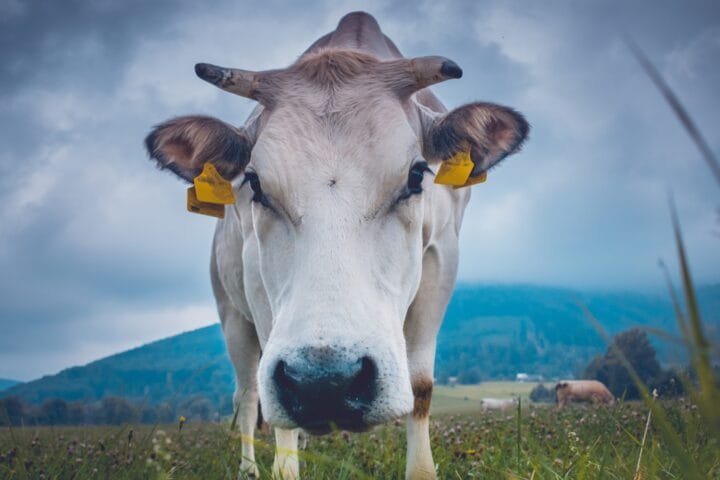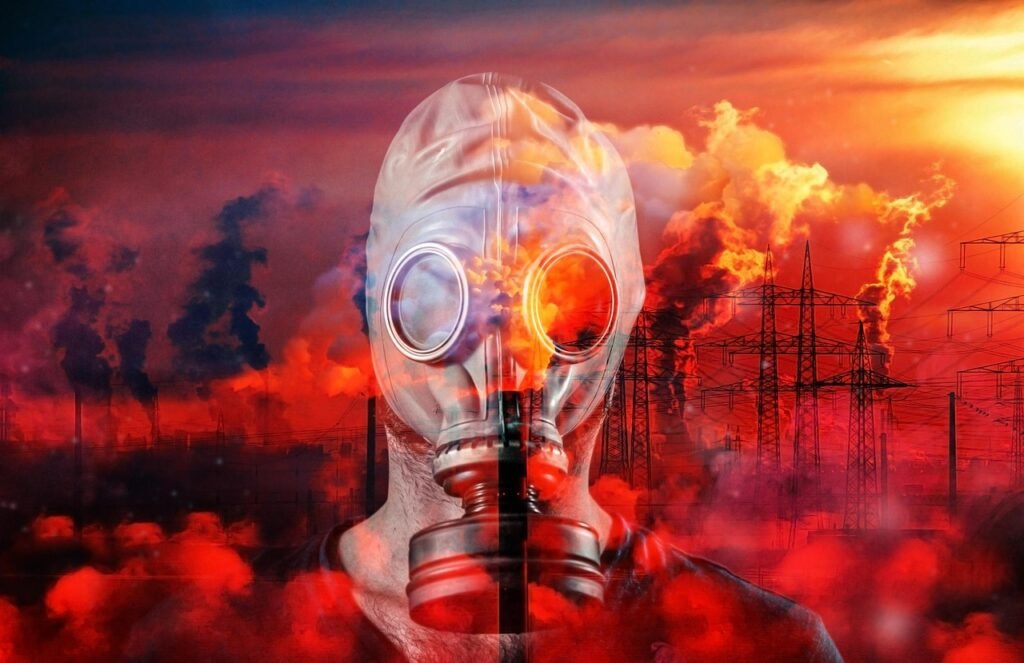Summary
Beef consumption significantly contributes to climate change and environmental degradation, including deforestation, water pollution, and biodiversity loss. Efforts by the livestock industry to promote “green” beef through greenwashing and misinformation are insufficient. Instead of seeking quick fixes, we must reduce beef consumption and waste to mitigate these climate problems.
Highlights -🍔
- Environmental Impact: Beef production is a leading contributor to climate change and ecological issues. 🌍
- Greenwashing: The livestock industry misleads consumers about the environmental benefits of beef. 🟢
- Ineffective Solutions: Proposed methods like regenerative grazing and feed additives often fail to address the core issues. ❌
- Consumption Patterns: Wealthy nations consume excessive beef, exacerbating environmental damage. 💰
- Wasted Resources: Approximately 38% of beef produced is never consumed, wasting land and resources. 🚮
- Healthier Choices: Reducing beef intake can lead to better health and environmental outcomes. 🥗
- Need for Action: Simple dietary changes can significantly impact reducing emissions and improving sustainability. 🔄
I’ll admit it: I like beef. Like many Americans, I was brought up to believe that beef was a central part of a traditional family meal.
My mom made it. My kids ate it. Marketing campaigns told me it was healthy. Everywhere I went, I saw Americans eating lots of it. And for many years, I didn’t question these choices.
However, as an environmental scientist, I became increasingly concerned that our appetite for beef was a significant contributor to climate change – plus a suite of other environmental problems. Scientists have repeatedly shown that high levels of beef consumption drive widespread deforestation, land degradation, river and watershed decline, aquatic and coastal ocean pollution, biodiversity loss, climate change, and more. Considering this litany of environmental impacts, I’ve come to realize our enormous appetite for beef may be one of the most environmentally worrisome issues confronting the planet.
[...]
Read the full post at Project Drawdown.





